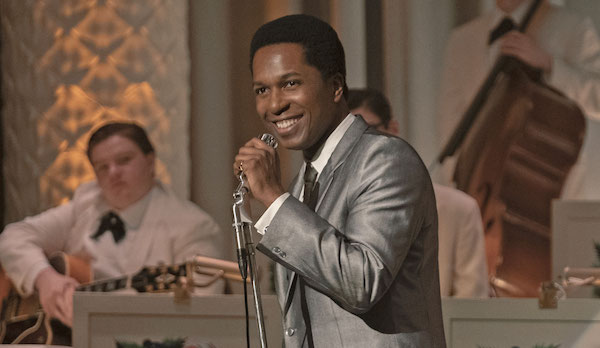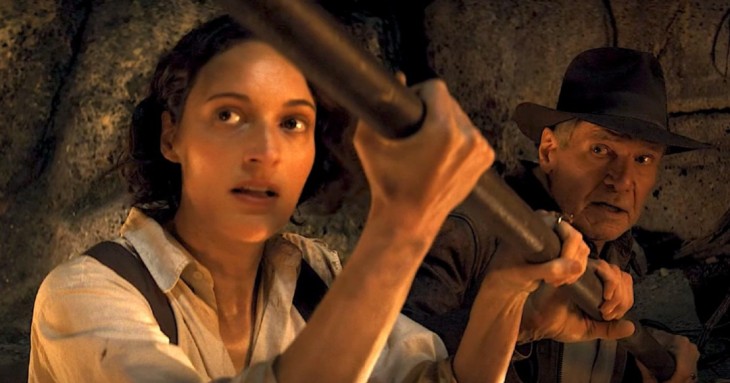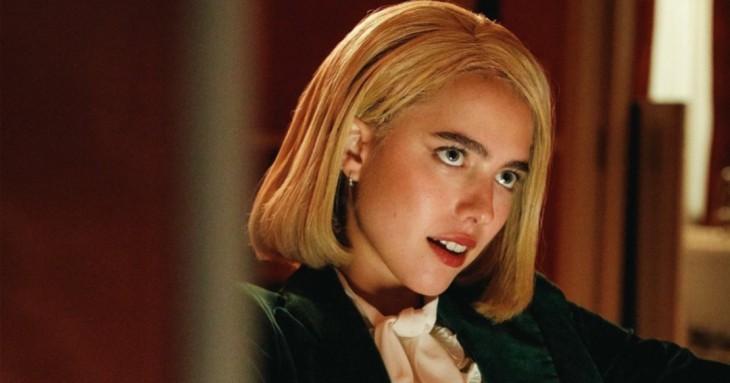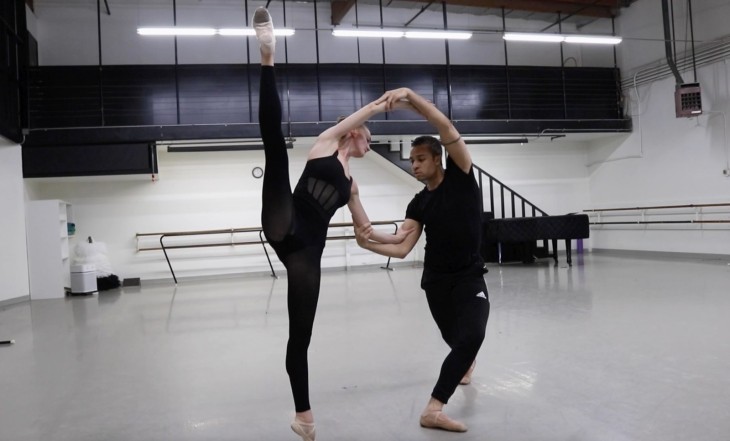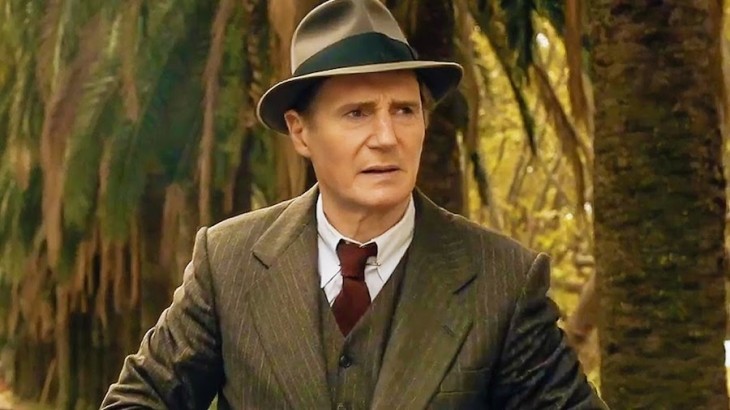
One Night in Miami is an extraordinary film crafted by a superb team of filmmakers and cast. Four men who impacted history in the mid 20th Century converge in an imagined motel room in 1964. They are thrown together through the magic of theatre to open a window into the rivers of social upheaval that were coursing through our country. A passionate discourse ensues in the style of Plato or Socrates, illuminating simmering problems of racism and prejudice that percolate beneath what many of us would like to believe is our enlightened culture.
They led four very different lives, yet they knew common social barriers imposed by a culture that pretended to uphold the belief that “all men are created equal.” Each reached for greatness, and in this film each emerges outside his legend, to become simply human.
Cassius Clay (later Muhammad Ali), played by Eli Goree, was born and raised in Louisville Kentucky. He began training as a boxer at the age of 12 and by 18 he had earned a gold medal at the 1960 Summer Olympics.
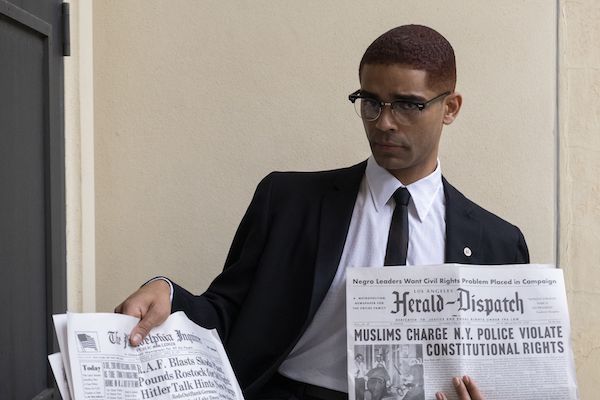
Malcolm X, brought to life by Kinsley Ben-Adir, moved frequently as a child due to Ku Klux Klan threats to his father, an outspoken community leader. His father was probably murdered, his mother had a mental breakdown and Malcolm was sent to a foster home at the age of 12. A high school teacher told him his aspirations for a law career were not realistic for someone of his color. He dropped out and went on to a life of crime, in and out of jail. He was inspired to read by a fellow convict, found stability in the beliefs of the Nation of Islam and became a mesmerizing speaker. Malcolm was assassinated in 1965 at the age of 35, and up to 30,000 mourners attended his funeral.
Jim Brown, played by Aldis Hodge, excelled in 5 sports in high school and went on to Syracuse University. He did not endure such instability and rootlessness as Malcolm X, but encountered racism constantly, even after becoming a star running back on the Cleveland Browns.
You probably know Leslie Odom Jr as “Aaron Burr” in Hamilton. He truly becomes Sam Cooke. As a kid, I used to listen to Cooke on my transistor radio hidden under my pillow at night. Odom’s turn as Cooke is so perfect, it’s eerie. Cooke had a naturally beautiful voice. He developed a style of haunting soul music that was accepted and loved by a mainstream audience and he was active in the Civil Rights Movement. In 1964, when he was 33, Cooke was shot dead by the manager of a motel. His body was shipped home to Chicago where 200,000 fans lined up to pay respects. Back in Los Angeles, Ray Charles sang at his burial service.
Director Regina King has been acting on television and in films since 1985. She has helmed more than 15 episodes of major episodic television. In this first feature as a director, King shows her instincts in using visuals and sound to paint a million words, enhanced by a superb screenplay written by Kemp Powers from his own stage play.
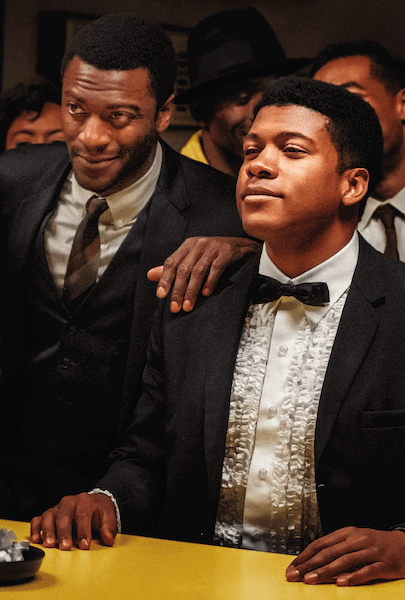
With different methods of attaining their goals, all of these men had the courage to break out of the suppression that society forced upon them. This film lets us feel their pain and their hope.
In the final minutes of the film, Odom sings Cooke’s classic “A Change is Gonna Come,” a human rights anthem cloaked in a haunting blues melody. As the credits roll, he sings another song that he co-wrote with Sam Ashworth, called “Speak Now,” a call to action.
Maybe you grew up knowing these men from the news. Maybe they are strangers to you. No matter. “It’s been a long time comin’ but I know change gonna come…yes it is.”
Kathryn Whitney Boole has spent most of her life in the entertainment industry, which has been the backdrop for remarkable adventures with extraordinary people. She is a Talent Manager with Studio Talent Group in Santa Monica. kboole@gmail.com

